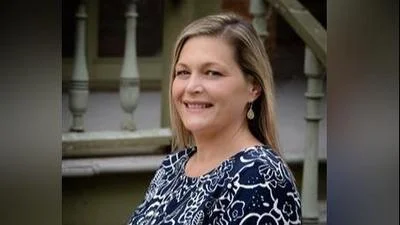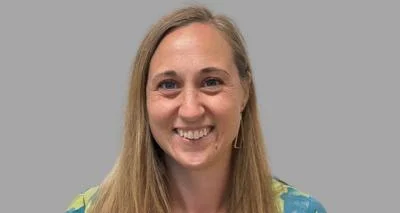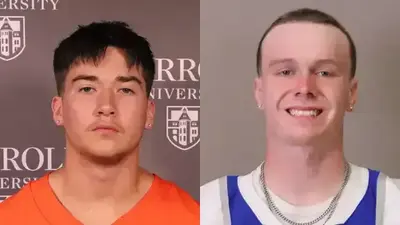Joel Kitchens, Wisconsin State Representative for 1st District | Official Website
Joel Kitchens, Wisconsin State Representative for 1st District | Official Website
According to the Wisconsin State Legislature's official website, the bill was described as follows: "transfer of nursing home beds".
The following is our breakdown, based on the actual bill text, and may include interpretation to clarify its provisions.
In essence, this bill repeals the section of the statute that allows for the transfer of nursing home beds between facilities. Instead, it outlines a process where closed nursing home beds are redistributed according to existing regulations. Under current law, the Department of Health Services (DHS) is mandated to allocate beds within a county when the number of beds for every 1,000 people aged 65 and over falls below 80% of the statewide average, and local occupancy rates meet or exceed the statewide average. DHS will publish annual notices detailing available beds in each health planning area, allowing nursing homes to apply for these beds. DHS will review and make decisions on these applications based on established statutory and additional rule-based criteria.
The bill was co-authored by Senator Rachael Cabral-Guevara (Republican-19th District), Representative Elijah R. Behnke (Republican-6th District), Representative Robert Brooks (Republican-59th District), Representative Barbara Dittrich (Republican-99th District), and Representative David Murphy (Republican-56th District).
Joel Kitchens has co-authored or authored another 17 bills since the beginning of the 2025 session, with none of them being enacted.
Kitches graduated from Ohio State University in 1979 with a BS.
Kitchens, a Republican, was elected to the Wisconsin State Assembly in 2015 to represent the state's 1st Assembly district, replacing previous state representative Garey Bies.
In Wisconsin, the legislative process starts when a senator, constituent, group, or agency proposes an idea for a bill. After drafting, the bill is introduced, numbered, and referred to a committee for review and public input. If approved, it moves through three readings and votes in both the Senate and Assembly. Once both chambers pass the same version, the bill goes to the governor, who can sign it, veto it, or let it become law without a signature. Only a small share of bills introduced each session ultimately become law. You can learn more about the Wisconsin legislative process here.
| Bill Number | Date Introduced | Short Description |
|---|---|---|
| AB119 | 03/11/2025 | Transfer of nursing home beds |
| AB90 | 02/28/2025 | Copies of and inspection or disclosure of information contained in certain vital records. (FE) |
| AB79 | 02/28/2025 | Prosecuting or adjudicating delinquent a person under the age of 18 for committing an act of prostitution |
| AB43 | 02/17/2025 | Permitting pharmacists to prescribe certain contraceptives, extending the time limit for emergency rule procedures, providing an exemption from emergency rule procedures, granting rule-making authority, and providing a penalty. (FE) |
| AB2 | 02/03/2025 | Requiring school boards to adopt policies to prohibit the use of wireless communication devices during instructional time |






 Alerts Sign-up
Alerts Sign-up